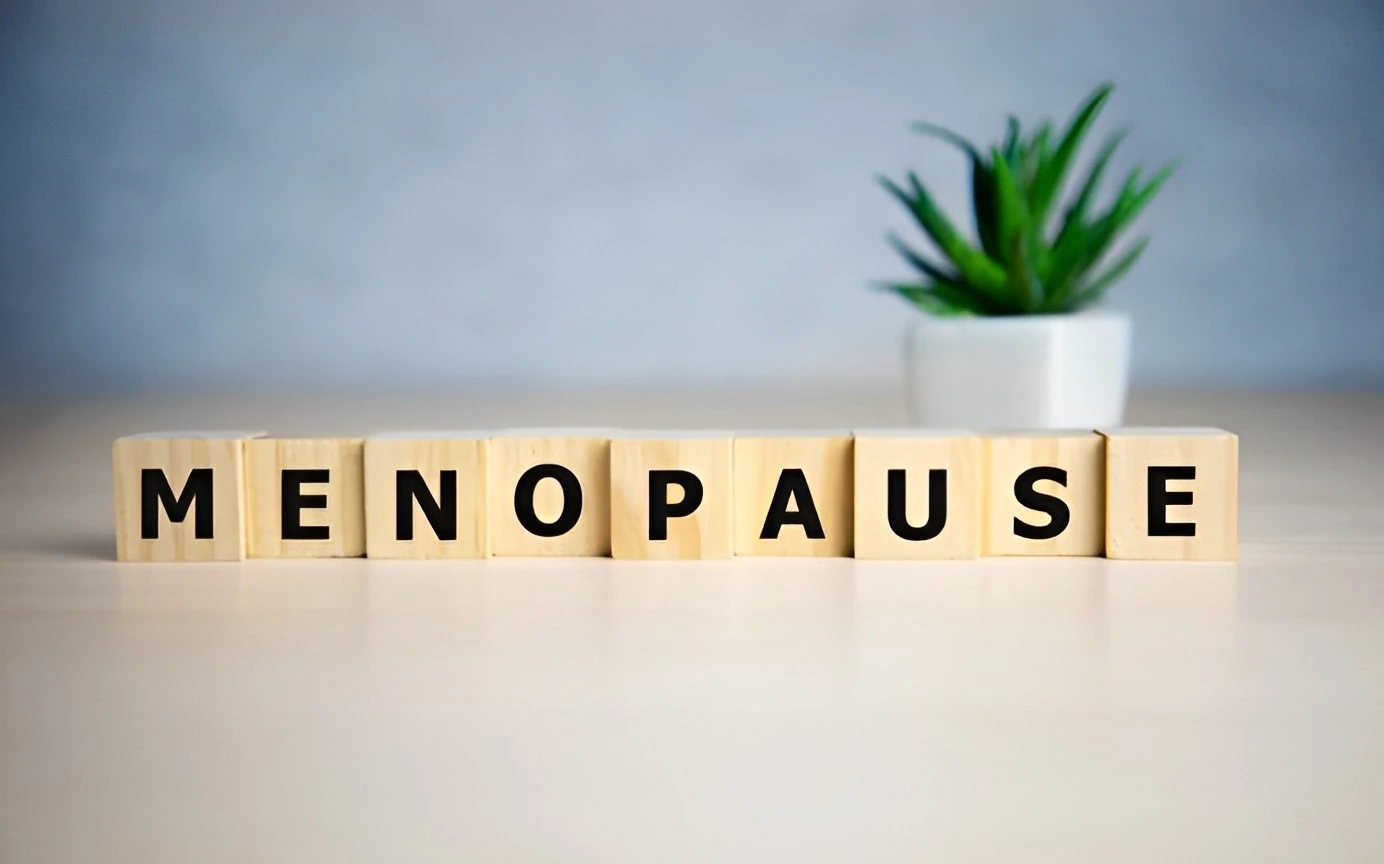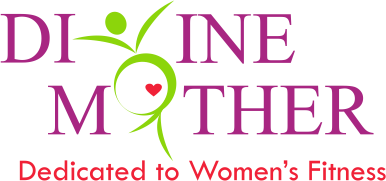
- February 25, 2023
- Comments: 0
- Posted by: Dr. Anushri Shah

Ladies, let’s talk about menopause. It’s a topic that’s often shrouded in mystery, fear, and even embarrassment. But the truth is, menopause is a natural and inevitable part of every woman’s life. And whether we like it or not, it’s going to happen to us all at some point. But here’s the good news: by understanding what’s happening in our bodies during menopause, we can prepare ourselves for the changes to come and take control of our health and well-being. So, if you’re ready to demystify menopause and learn everything you need to know about this transformative stage in a woman’s life, read on.
What is Menopause?
Menopause is a totally normal process that happens to all women. It’s the time when your ovaries call it quits and stop releasing eggs, which means your menstrual cycle takes a bow too. As your hormone levels go down, you might experience some changes in your body and mood. Think hot flashes, mood swings, and all that jazz. Don’t worry though, menopause isn’t a disease or a disorder; it’s just a natural part of ageing that happens sometime between your forties and sixties.
What Age is Menopause?
Menopause usually happens when you’re in your forties or fifties. It can occur earlier or later than that, but that’s the average range. Some women may even experience menopause in their thirties, while others might not go through it until they’re in their sixties. It really depends on your body and genetics. So, there’s no one-size-fits-all answer to this question, but menopause is a normal part of ageing, and it will happen when your body is ready for it.
Menopause Causes
Whether you are experiencing earlier menopause or late menopause, the following are some menopause causes that menopause stages rely on.
– Family history
– Autoimmune diseases
– Cancer treatment
– Menopause-inducing surgeries
– Smoking
– HIV or AIDS
– Chronic fatigue syndrome
– Thyroid history
– Ageing
What are the Stages of Menopause?
As we know, menopause is an end menstruation cycle & it’s part of a woman’s life, therefore here’s a breakdown into three stages. Let’s have a quick look at the menopause stages.
Perimenopause/Early Stages of Menopause: Perimenopause is also known as the early stages of menopause or the menopause transition stage. It can begin when your ovaries gradually produce less estrogen. Generally, it starts in the 40s and lasts till the ovaries stop realising eggs. In addition at this stage, you may face early menopause signs & symptoms while still having an active menstrual cycle.
Menopause: At this stage, you have to no longer deal with menstrual periods cramps. As your ovaries stop releasing eggs and cease to be capable of generating estrogen, you’ve to now face menopause challenges. However, the menopause period begins when you’ve missed out on your period for 12 months.
Postmenopause: Postmenopause is a stage which comes after menopause, which means after having a forever break of no periods. At this point, you are not going to have a menstrual cycle for the rest of your life, hence your hormone level will be slow. In spite of this, you will experience postmenopause symptoms, which may raise the risk of several health problems.
What are the Signs of Menopause?
Wondering, Am I in the menopause stage? Here are some symptoms and signs of menopause that help you know whether you have entered the menopause stage yet or not.
Menopause Signs:
The following are some menopause signs women can experience during an early stage of menopause or premenopause.
– Irregular periods
– Experiencing Hot flashes & Night sweats
– Changes in mood
– Changes in skin conditions
– Stress and Anxiety
– Encountered Sleeping problems
Menopause Symptoms:

As there are over 100 symptoms of premenopause, here we listed some common menopause symptoms that women encounter during the menopause stages.
– Heart racing
– Headache
– Osteoporosis
– Changes in libido
– Weight gain
– Hair loss and thinning
– Depression
– Insomnia
– Mood swings
– Urinary tract infections
Note: Menopause is a natural process, but if you’re having trouble overcoming such menopause symptoms or encountered menopause signs; you should consult your health provider as soon as possible.
What Happens After Menopause?
Once you say bye forever to the menstrual period, you’ve entered the postmenopause stage. In this scenario, your ovaries are no longer able to release eggs and your estrogen level goes down resulting in a menstrual cycle dwindle. According to experts, it is believed that menopause is also related to the hypothalamus; the part of the brain that circulates temperature. In addition, the hypothalamus leads to estrogen levels fluctuating, once it strikes menopause symptoms fade, on the other hand when it falls down, you experience a lack of estrogen & menopause symptoms are easy to encounter. However, there are chances of lower estrogen levels being prone to menopause risks, so note down and consult a doctor if you face any difficulties.
Menopause risks to note down:
– Cardiovascular diseases
– Osteoporosis
– Cancer chances
– UTIs
– High blood pressure
What Signals the End of Menopause?
The end of menopause is termed postmenopause; when you haven’t faced menstrual periods for more than 12 months. At this stage, your reproductive years are beside you as well as your ovaries are not releasing eggs any longer and the symptoms you’ve encountered during the menopause period are now slowly fading away. However, some mild symptoms continue after the end of menopause as well. In addition to knowing what signals the end of menopause; the following is the list of postmenopause symptoms.
Postmenopause Symptoms:
– Weight fluctuating
– Improved focus
– Hormonal imbalance
– Moodiness
– Anxiety & Depression
– Sleep disturbance
What are Some Natural Remedies for Menopause?
If you are dealing with early menopause symptoms or in the middle of menopause; below given natural remedies for menopause program has got you covered. In addition, staying active before/during menopause offers several benefits.
Natural Remedies for Menopause;
– Consume food high in calcium & vitamin d.
– Enrol in Menopause fitness program
– Add relaxing menopause yoga practice to your daily regimen.
– Do workouts 2-3 days a week.
– Eat a bowl of fresh fruits & veggies daily.
– Practice 30 min weight lifting menopause exercises once a week.
– Start your day with less caffeine.
– Aim to walk 5000-10,000 steps every day.
– Avoid triggering foods like spicy, salty and sugary.
– Try recipes that are high in phytoestrogens.
– Last but not least, drink enough water.
Whether you’re in a premenopause stage or postmenopause stage; following a healthy lifestyle is a must-do. Don’t forget Menopause is a natural condition every woman has to go through and it’s a time when self-care is vitally important so join the Menopause Fitness Program and take care of yourself. By offering several services for moms and moms-to-be, Divine Mother – the best women’s healthcare centres in Ahmedabad focused on encouraging women to adopt healthy lifestyles.

